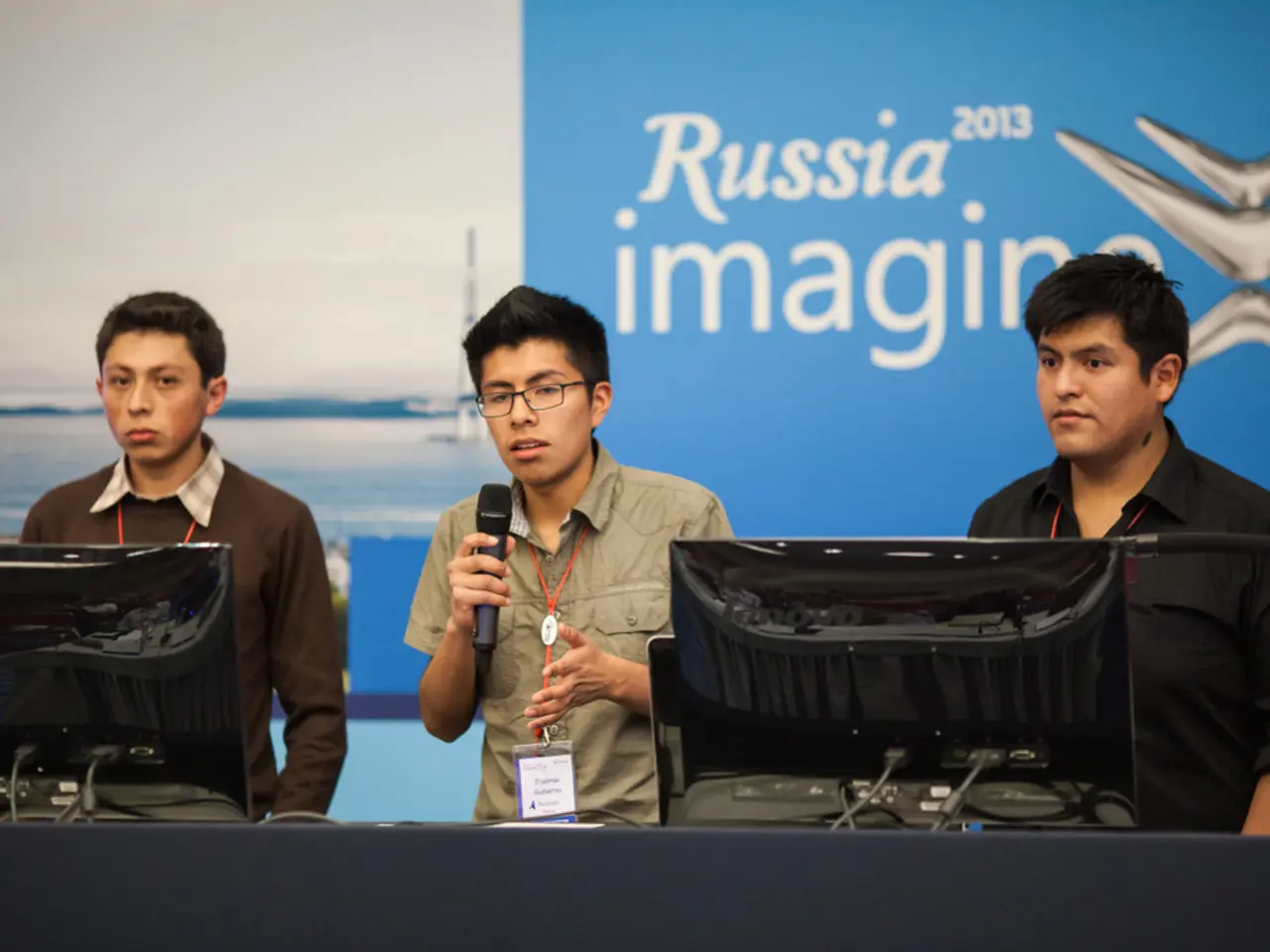International body acknowledges Kazakhstan's efforts to fortify essential human rights and liberties
Kazakhstan Showcases Human Rights Progress at UN Review
At the 48th session of the UN Human Rights Council's Universal Periodic Review (UPR) in January 2025, Kazakhstan presented its human rights reforms and achievements, garnering both praise and critical recommendations from the international community.
Kazakhstan's delegation, led by Minister of Justice Yerlan Sarsembayev, presented the country's fourth report on fulfilling human rights obligations and recommendations from the previous review. The report highlighted several key developments in Kazakhstan, including judicial and constitutional reforms, increased public participation in governance, and legislation to combat domestic violence.
One of the notable reforms was the restoration of the Constitutional Court and the implementation of a three-tiered pre-trial procedure, aimed at strengthening the rule of law and justice administration. The establishment of mechanisms to increase public participation, such as the National Council of Public Trust reorganized as the National Kurultai, composed of human rights organizations, lawyers, independent experts, and officials, was also highlighted.
The implementation of a zero-tolerance policy against violence toward women and children, with notable legislation strengthening penalties for child abuse and domestic violence enacted on April 15, 2024, received praise from the United States. Reforms to empower citizens through media law amendments, including the decriminalization of defamation, were also highlighted to support freedom of expression and create a safer digital environment.
However, despite these reforms, the UPR session featured critical recommendations from nearly a dozen countries urging Kazakhstan to further guarantee media freedom and protect journalists, bloggers, and media workers. Kazakhstan did not accept recommendations concerning protection of free expression, with ongoing issues like denial of accreditation to independent journalists noted by Human Rights Watch as violations of international covenants to which Kazakhstan is a party.
Despite the criticisms, the international community commended Kazakhstan's contribution during its 2022-2024 membership in the UN Human Rights Council. The UN acknowledged the abolition of the death penalty in Kazakhstan and welcomed Kazakhstan's concrete actions to strengthen fundamental human rights and freedoms.
Kazakhstan's collaboration with UN human rights mechanisms was also highlighted, with technical cooperation with the Office of the UN High Commissioner for Human Rights to strengthen its system. Kazakh Deputy Foreign Minister Roman Vassilenko shared the country's experience cooperating with the Office, Special Procedures of the Human Rights Council, and UN treaty bodies.
Moreover, Kazakhstan advocates for peaceful assembly and freedom of association, and has made significant strides in ensuring children's safety. An inter-agency mechanism has been established to address inquiries from UN rapporteurs and treaty bodies on individual communications. Kazakhstan is also combating human trafficking and domestic violence, with an inter-agency mechanism established to address these issues.
In addition, the UN welcomed Kazakhstan's adoption of an Action Plan on Human Rights and the Rule of Law on Dec. 8, 2023. The Human Dimension Dialogue Platform in Kazakhstan has led to the adoption of three human rights action plans and several legal acts related to various political and social issues. Kazakhstan's efforts to eliminate torture and ill-treatment were also acknowledged.
Overall, Kazakhstan's presentation at the UPR highlighted its commitment to human rights and the rule of law, but also underscored the need for further progress, particularly in regards to media freedom and the protection of civil society.
[1] Kazakhstan's Fourth Report on Fulfilling Human Rights Obligations and Recommendations of the Previous Review, UN Human Rights Council, 2025. [2] Human Rights Watch, Kazakhstan: Denial of Accreditation to Independent Journalists, 2024. [3] UN Human Rights Council, Report of the Working Group on the Universal Periodic Review: Kazakhstan, 2025.
- The presentation of Kazakhstan's fourth report at the UN Human Rights Council's Universal Periodic Review (UPR) in 2025, which outlined its progress in various areas such as judicial and constitutional reforms, public participation, legislation against domestic violence, and media law amendments, was a significant part of the politics surrounding policy-and-legislation and general-news.
- Despite Kazakhstan's commendable strides in addressing human rights issues, including the abolition of the death penalty and efforts to eliminate torture, the UPR session in 2025 also highlighted critical recommendations from several countries urging further guarantees on media freedom and the protection of journalists, bloggers, and media workers, which remains a concern in the scope of policy-and-legislation and general-news.







